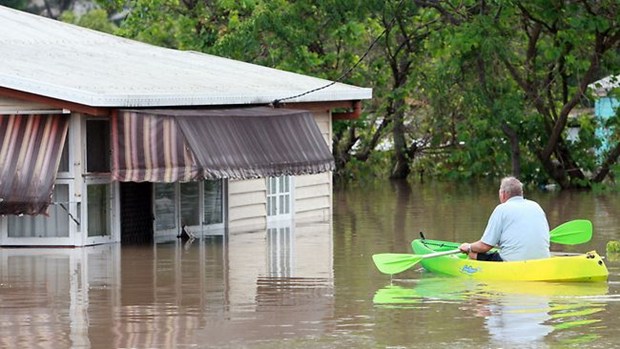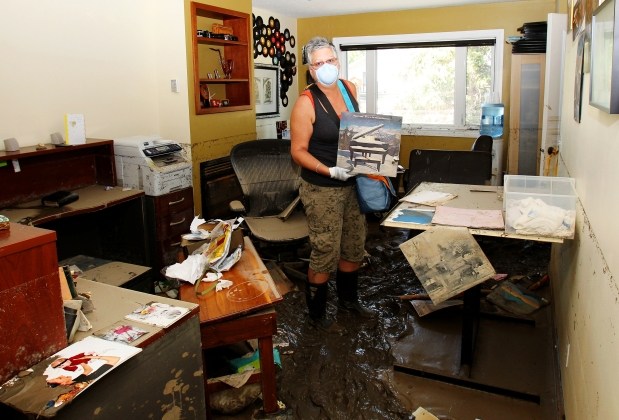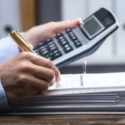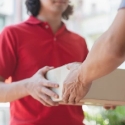Clean Your Home Effectively After Flooding
The heart rending Uttarakhand tragedy still looms large in my mind, and I’m sure in many an Indian mind too, largely thanks to the media and the picture of utter desolation they paint. The floods that ravaged the magnificent mountains continue to wreak havoc, even as the waters recede, leaving behind great pools of infection, disease and epidemics. In Mumbai too, the infamous rains are back in full swing, flooding roads and homes. In fact, the rains have been so heavy in the past few weeks that I hear people living in low lying areas have to almost swim to get around their own homes!
Which got me thinking: what next, after the rains finally show signs of bidding adieu, after making a mess of our homes? Well, one way or the other, preparations must begin for a thorough cleaning.

Picture-news.com.au
Why? Because, flood water happens to carry feces, sewage materials, and sometimes even germs from animal carcasses. How do you go about it? Well, here are some basic steps to ensure proper hygiene:
- Remove the water from the house and ensure good ventilation to prevent the growth of mold. Ventilation and heat prevent the growth of fungus.
- Throw away rugs and carpets which have been soaked in dirty water too long.

Picture-guardian.co.uk
CLEANING:
- All surfaces must be decontaminated. A strong solution of Dettol water can be used to wipe surfaces clean, especially those used for food preparation. You can also use hot water and detergent, but make sure that you rinse the cloth used for wiping well, else you will just be transferring germs from one place to another.
- Dispose of all food, medicines, cosmetics, etc, if they have been exposed to flood water, as you never know if they have become contaminated.
- Electrocution is a real danger after a flooding. So be sure to switch on the power only after it has been declared safe by your power company. The same applies to power outlets and switchboards. Ensure that they are COMPLETELY dry before using them
- Small electrical appliances can be rinsed and given to repairs shops to be serviced and cleaned thoroughly. Larger ones like washing machines need thorough cleaning as embedded dirt can cause malfunction.
- Filter and boil all water before drinking, bathing, brushing etc.
- THROW AWAY:
- Damaged clothes, bedding, pillows, mattresses, rugs, wall hangings, stuffed toys, etc, as they absorb a lot of bacteria and are hard to clean. Only think of preserving them if they are extremely expensive. Have them professionally cleaned.
- Papers and books which are not important. It’s not worth your time and effort to attempt to save them. In the case of rare books, expose them to as much air as possible, and use a dry blotting paper to absorb extra moisture. You may also use a hair dryer on the lowest setting to dry out the pages.

Picture-edmontonjournal.com
- Any food items that are not packed in tin cans
- Any collected water
Natural calamities are devastating, and can have severe and long reaching effects long after they are over. And, it is imperative to act quickly to maintain high standards of hygiene to stem the outbreak of diseases which are so rampant in these situations.
If your home has been affected by the rains, I hope these tips will help you. In addition, if there are any other tips you have gathered, from experience or otherwise, do add them in the Comments section below!










Post a Comment